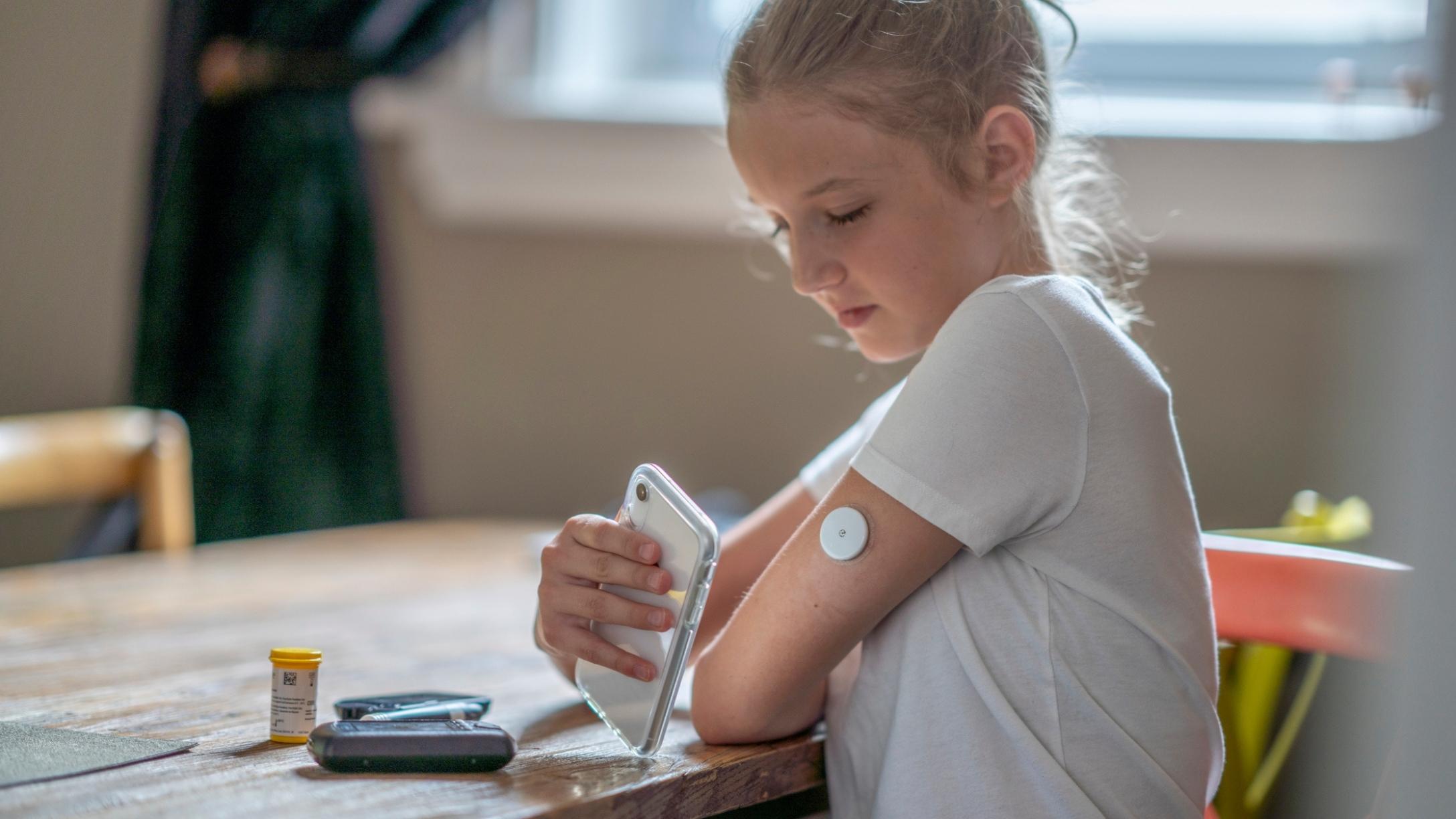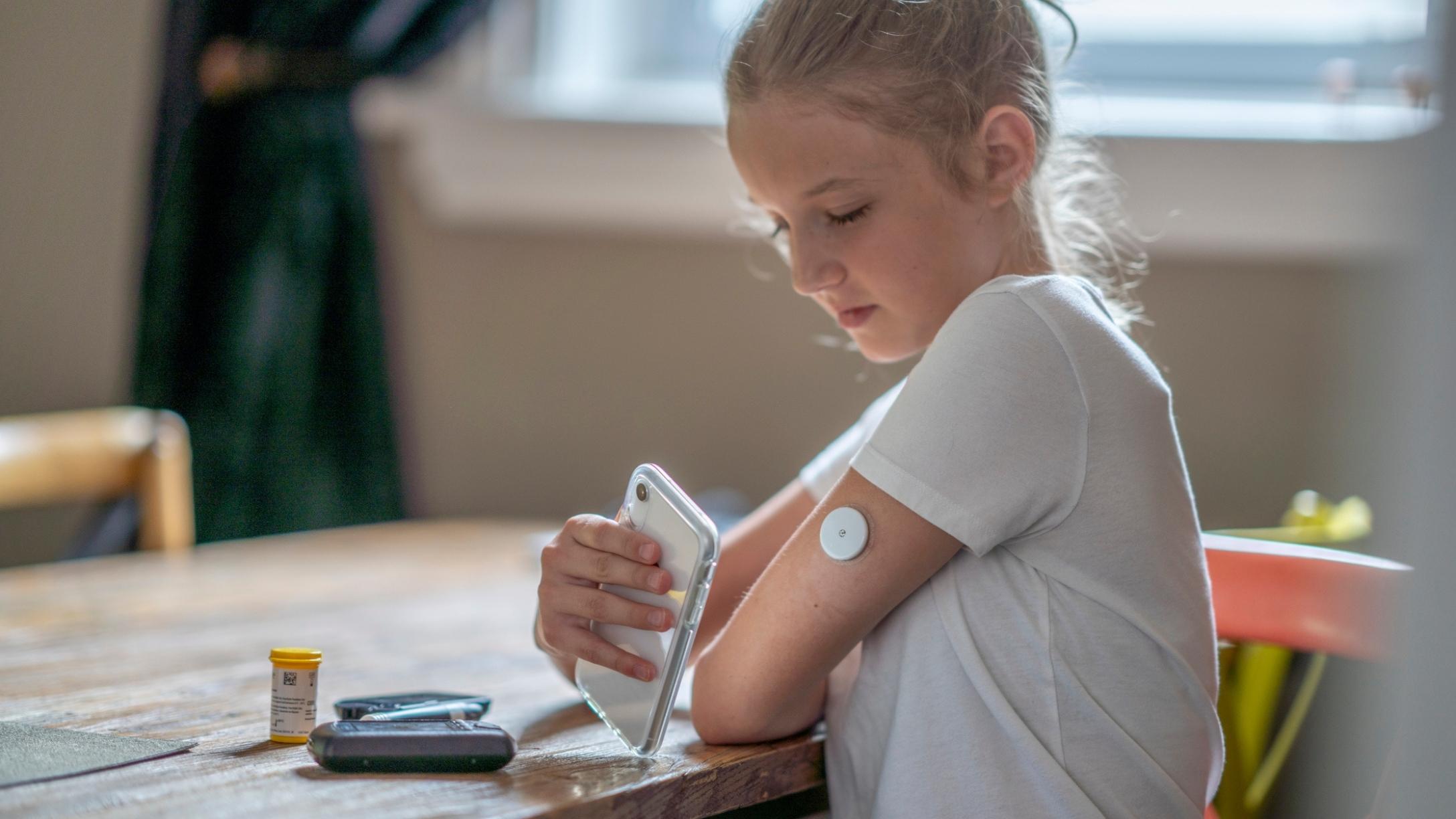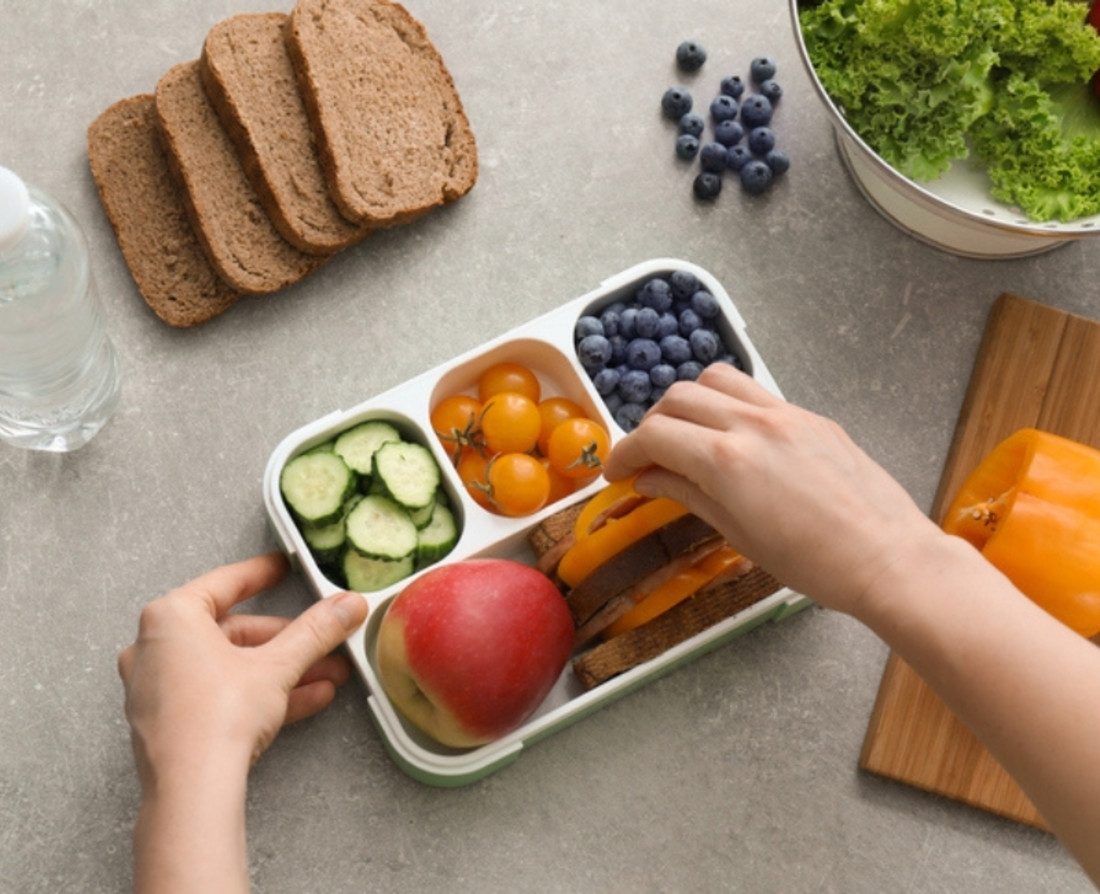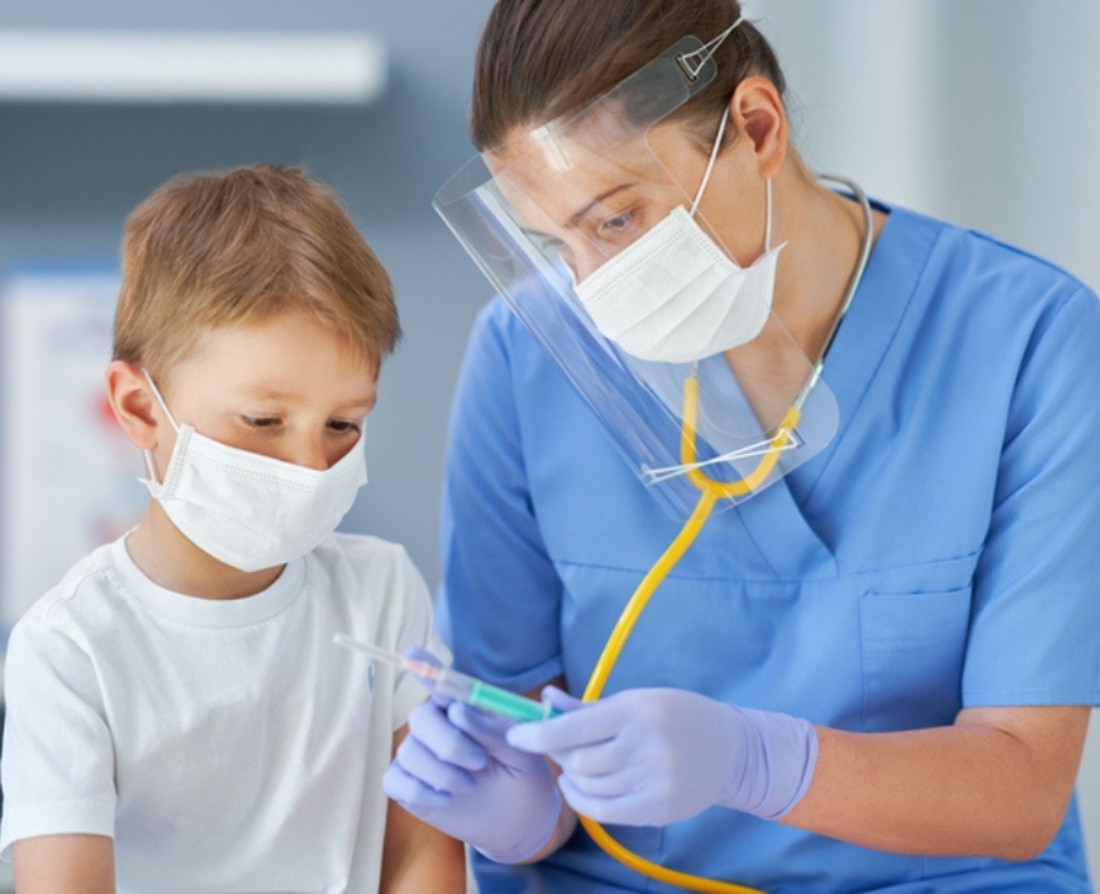
A new report from the Centers for Disease Control and Prevention is warning parents that kids who contract COVID-19 may be at an increased risk for type 1 and type 2 diabetes.
The CDC report, released on January 7, 2022, examines two large insurance claim databases in the US. It specifically looks at the frequency of newly diagnosed diabetes cases among children under 18 who were COVID-positive at some point between March 1, 2020, and June 28, 2021.
Researchers compared the data of children who were not infected with those 30 or more days post-infection. Both databases showed an increase in new diabetes cases. In the first database, there was a 166% increase, while in the other, there was just 31%.

"Even a 30 percent increase is a big increase in risk," Sharon Saydah, a researcher at the CDC and lead author of the study, told The New York Times. She noted the different outcomes in the two databases, saying they were likely the result of the different ways of classifying children as having COVID.
If one type of diabetes is more likely to develop than another, that will also be important for researchers to note. While type 1 diabetes is irreversible, type 2 can, in some cases, resolve.

What's further concerning is that some of the results of pandemic life may already put kids at increased risk. Weight gain and sedentary behavior, exhibited by many children following months of lockdown, can also increase the risk of type 2 diabetes.

Researchers have noted that children who have had COVID-19 may be more susceptible because the virus "might lead to diabetes through direct attack of pancreatic cells."
"It's really important for clinicians, pediatricians and parents to be aware of the signs and symptoms of diabetes, so they can get their kids diagnosed," Saydah noted.

Symptoms of diabetes to look out for include increased thirst, frequent urination, extreme hunger, unintended weight loss, and fatigue. Type 2 diabetes can also develop as a result of diet factors.

In addition to keeping an eye out for these symptoms, families should continue staying on top of all of their kids' medical appointments. It's also important to keep kids active and continue practicing COVID-19 preventative measures.




